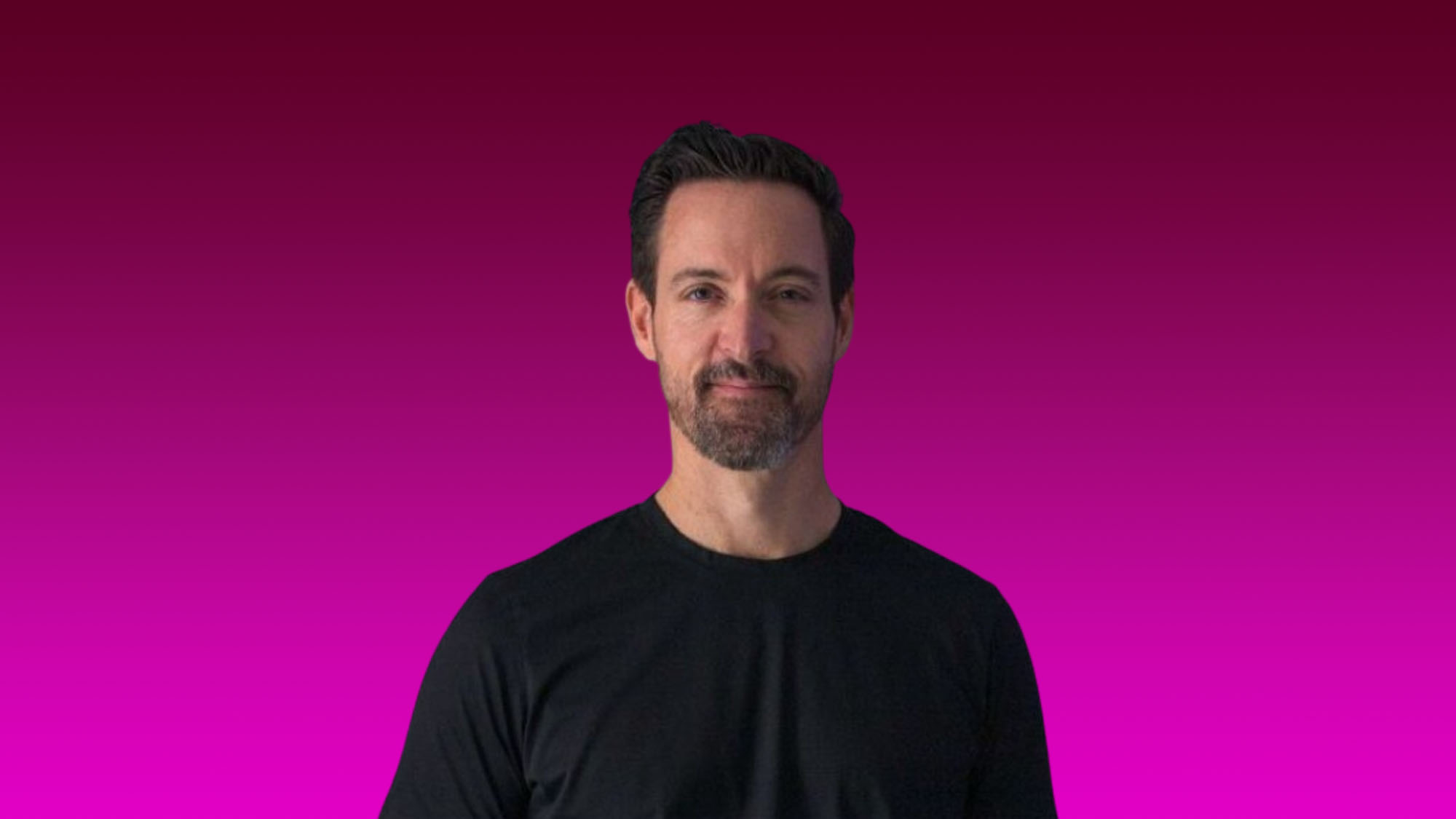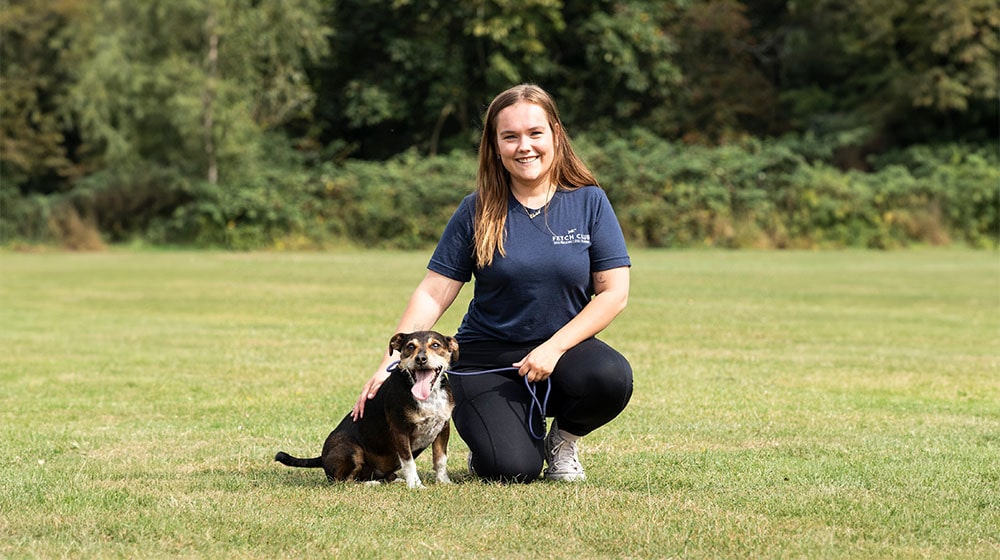How your team's side gigs can help your business
Passion projects, side gigs, hustling, moonlighting… whatever you call it, side gigs are a growing trend. People are trying to spread their financial...
Manage your equity and shareholders
Share schemes & options
Equity management
Migrate to Vestd
Company valuations
Fundraising
Launch funds, evalute deals & invest
Special Purpose Vehicles (SPV)
Manage your portfolio
Model future scenarios
Powerful tools and five-star support
Employee share schemes
Predictable pricing and no hidden charges
For startups
For scaleups & SMEs
For larger companies
Ideas, insight and tools to help you grow

Last updated: 23 April 2024
John Downie, founder and CEO of SteadyPay, joins Ifty Nasir on FounderMetrics to unravel the metrics that indicate success. John reveals surprising facts about the global gig economy, the challenges for gig workers and much more.
We've captured a few keen insights from their conversation here. But you could uncover so much more by tuning in.
SteadyPay came about because of my experience in building financial service solutions for banks. Designing credit risk engines was a big part of my job and that’s when I began to notice that a growing population of credit-worthy people were being excluded from traditional services.
A lot of them were freelancers or gig workers who were making good money, so I wanted to take a closer look. I began asking myself: why has this computer program (that I built!) rejected them?
We’re seeing massive growth in the gig and freelance industries, with loads of people choosing to work for themselves, so why are they being rejected when they might be very credit-worthy?
Another issue I saw was people who are immigrating to the UK and in their home countries might have credit cards with pretty big limits. But they come to the UK and get rejected because here, in a new country, their credit profile is zero.
So, I started SteadyPay to create an alternative lending platform that caters to the substantial demographics of people who are being turned down by traditional services.
When we think of gig workers, I think most people have a very traditional few - we think of people who work for platforms like Uber, Deliveroo, or Upwork.
But we’ve found that, actually, gig workers are anyone who’s paid by the hour. So, that means our customer base isn’t just limited to freelancers or people who do contract work as consultants.
Anyone paid by the hour, shift or gig falls into this bucket.
That's roughly 20 million workers in the UK, across all kinds of industries, including retail, hospitality, logistics, transport, construction, health care, civil servants, and even the British Army! It turns out we pay our soldiers on an irregular pay scale.
So, essentially, SteadyPay exists to offer accessible lending options to anyone, whether you’re earning £50,000 a month or a few hundred pounds a month, whether you’re a gig worker, an immigrant, someone who works shifts, or someone who does consulting work of any kind and often turned down by traditional lending services.
Lots of people have had an experience where they’ve borrowed £500 and wound up paying back £1,000. That’s all due to compound interest. Compound interest is only your friend if you're an investor!
So, we’ve tried to bridge that gap by creating a service that dodges the trap of compound interest and opt for a more user-friendly model.
I like to think of SteadyPay as a subscription service similar to Netflix or Spotify but for smoothing out your income or building your credit. We charge a small fixed monthly or weekly rate in exchange for access to our services.
Those services can do a lot of different things, depending on your needs. For example:
Let’s say you typically make £2,000 a month. But maybe this month you’ve been sick or gotten fewer shifts, or you’re chasing a client for an invoice, so you’ve only made £1,700 this month.
Our income smoothing service helps you bridge that gap by giving you an advance of that £300. Then you pay that back in three equal installments.
So, that’s one option we offer.
But let's say you want to work on building your credit score. A lot of our customers are recent immigrants and they’re mostly interested in getting help with building credit. We offer a credit-building product to help with that.
And if you switch from a variable income to a more standard, salaried income, our system is AI-driven enough to flag that and send you a notification like, “Hey, we’ve noticed you might benefit from different services now.”
We’ve been in business for over six years now and we’ve just reached a major milestone by serving tens of thousands of customers, so I think the numbers are showing that our platform is working well for our customers and offering them a service that adds value to our lives.
With a platform like SteadyPay, it can be tricky to find the best way to assess growth. That’s why we’ve needed a kind of North Star metric that we can look to as a guiding light and ask, “How is our growth measuring up according to this goal?”
As the platform has evolved, that North Star metric has too because, when your business is in the early stage (12-24 months old) your guiding metrics are going to be very different from how you’re measuring success when that business has been up and running for six years.
When you ask a founder, “What’s your North Star metric?” you’ll usually get an answer that’s either vanity or customer-focused.
"Oh, we're really into NPS" (Net Promoter Score). Well of course you are, of course you have to listen to the voice of the customer.
But I think that, in the modern business environment, you have to be really ruthless about what you’re tracking. And because companies now have the resources to track everything, filtering through that noise and identifying what’s important is more crucial than ever.
So, right now, our North Star metric is: where are we on a run rate revenue basis and are we growing at the rate we expect?
From there, we can break it down even further to ask more detailed questions like: are we growing users? If so, how much is it costing to acquire those users? What are our user retention rates? What are our customers saying about us? How are we looking on Trustpilot?
All of those questions can fall under the broader umbrella of our North Star metric, allowing us to take a macro approach and then filter down to a micro approach.
That allows us to evaluate concerns like the importance of creating a balance between an economic business and an appropriate value exchange with your customers– even the ones who might not be 100% right.
We now have 22 people on the SteadyPay team and I feel like that’s a great size for right now.
In terms of the workload, the pressure, the responsibility, and how that’s divided between me as the founder and the rest of the team, 22 people work well in that it keeps our team lean but not too lean.
As we’ve grown, there have been moments where I’ve been tempted to say, “We should hire another 20 people!” But in the end, I’ve always felt that I don’t want to expand the team too much because the bigger your team is, the more problems you can run into.
Even if each of those people are essential in their own way, the cost of a big team can sometimes outstrip your revenue, prevent you from growing effectively, and potentially create culture problems.
I’ve known several other founders who have learned that the hard way; they’ve built really big teams and then experienced either a complete restructuring or growing pains within the company.
And there are lots of different things that can cause growing pains but, in my opinion, starting off with a really big team is the fastest way to encounter fundamental incompatibilities and tension within your own organisation.
Learning from other founders’ experiences has been invaluable to me through this journey. I think that support system is so important for managing your stress as a founder and for getting feedback that can help you measure your progress and let you know if you’re on the right track.
I’ve also found that there’s such a big difference between the support you get from your friends and family and the support you get from fellow founders.
Because, no matter how well-intentioned they are, no matter how much they care, your friends and family can’t really relate to your experiences or your concerns in the way founders can.
Grow a support network of other founders and don’t be afraid to ask for advice.
So, whether you want someone to listen to you or you want some advice, no one can really support you or understand you like your fellow founders. That would definitely be one of the best pieces of advice I could give to anyone who’s starting their own company.
You can watch the entire interview on YouTube (don't forget to like and subscribe). Or tune in wherever you like to listen to your podcasts. You'll find FounderMetrics in all the usual places.

Passion projects, side gigs, hustling, moonlighting… whatever you call it, side gigs are a growing trend. People are trying to spread their financial...

Jess Saumarez founded multiple tech businesses and is now the strategic marketing consultant behind The Marketing Plot, helping fellow business...

We sat down with Caroline Stronkhorst, dog lover and founder of the hugely successful startup, Fetch Club Shop, to discuss why you should just go for...